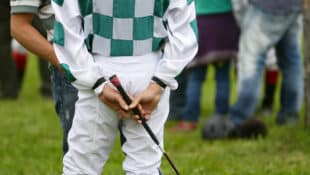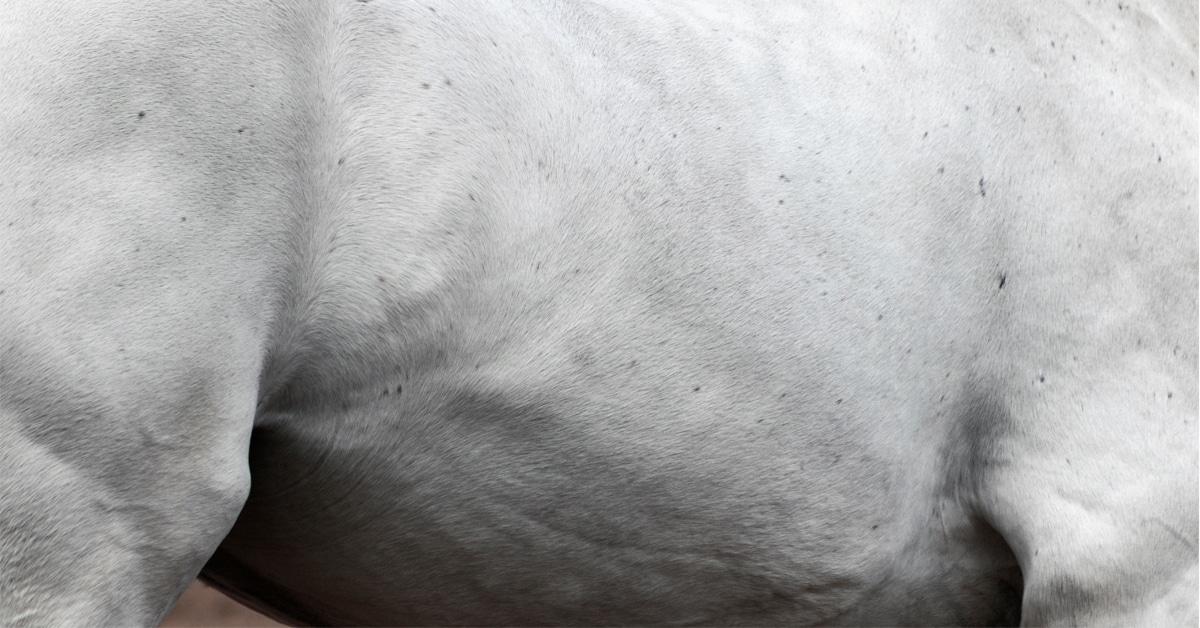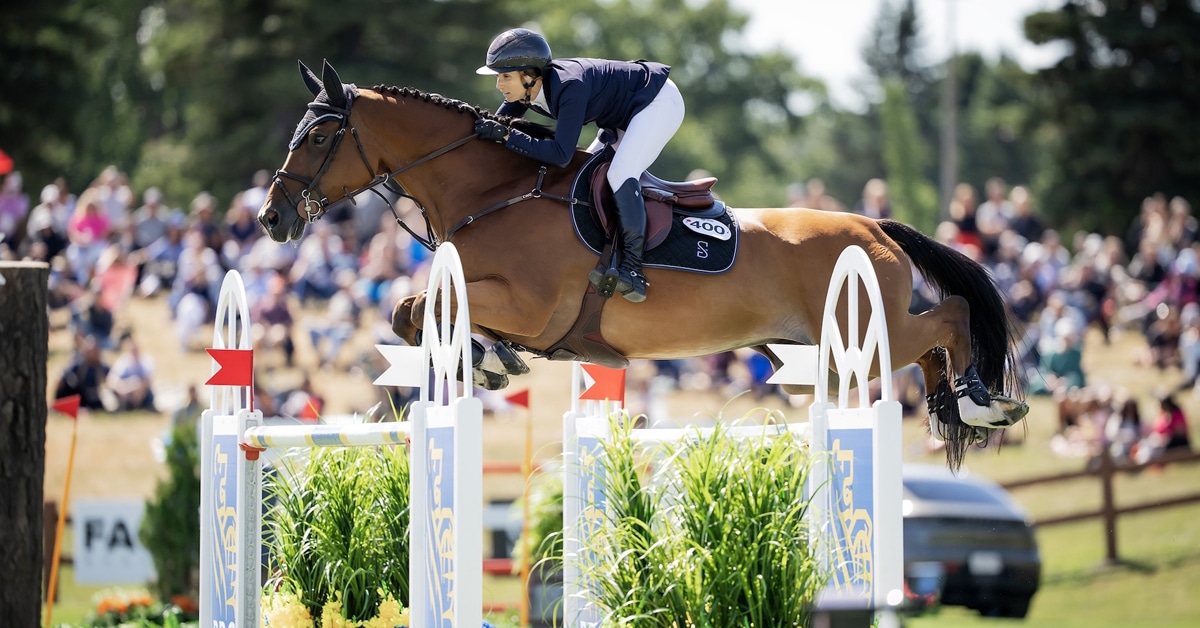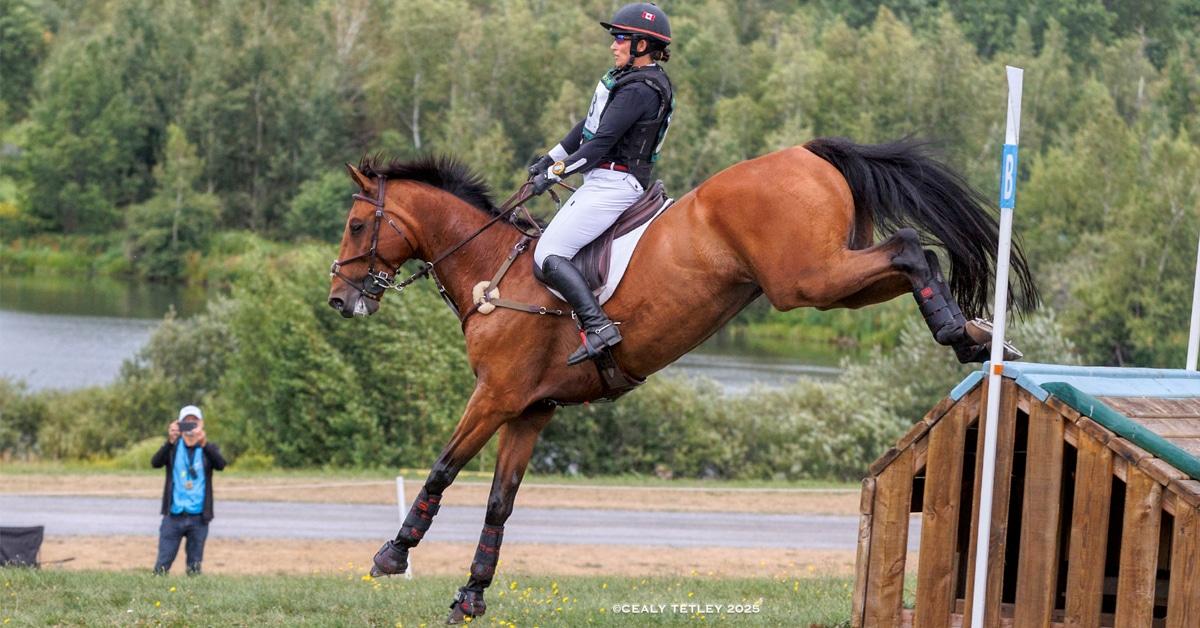MLSJ has carved out its niche by focusing on a select lineup of nine exciting showjumping events ‒ including the newest in Kentucky.
The powerful lightweights of the racetrack: jockey height and weight explained.
What you can do to prevent increasing antibiotic resistance in your horses – and the transmission of resistant bacteria to people.
As the 'Masters' approaches, Canadian team member Mario Deslauriers recalls some special moments at the iconic Calgary venue.
A new U. of Guelph study explores the potential of activated hemp seed powder to prevent toxins and bacteria from leaking into the bloodstream.
Run in conjunction with the Kentucky Three-Day Event, April 23-26, it will be the penultimate Leg 8 of the MLSJ season 5 roster.
The International Jumping Riders Club proposed some important revisions; here is a summary of their suggestions, and the FEI's response.
Adrienne Sternlicht takes a pair of big classes, including the $340,000 RBC Grand Prix; Nicole Walker speeds to Winning Round victory.
Arville featured a star-studded lineup representing 11 nations, making it the largest field this season in the FEI Eventing Nations Cup series.
The iconic Quebec venue continues to be a launchpad for eventing’s future stars, with well-filled short-format 1* through 4* divisions.










